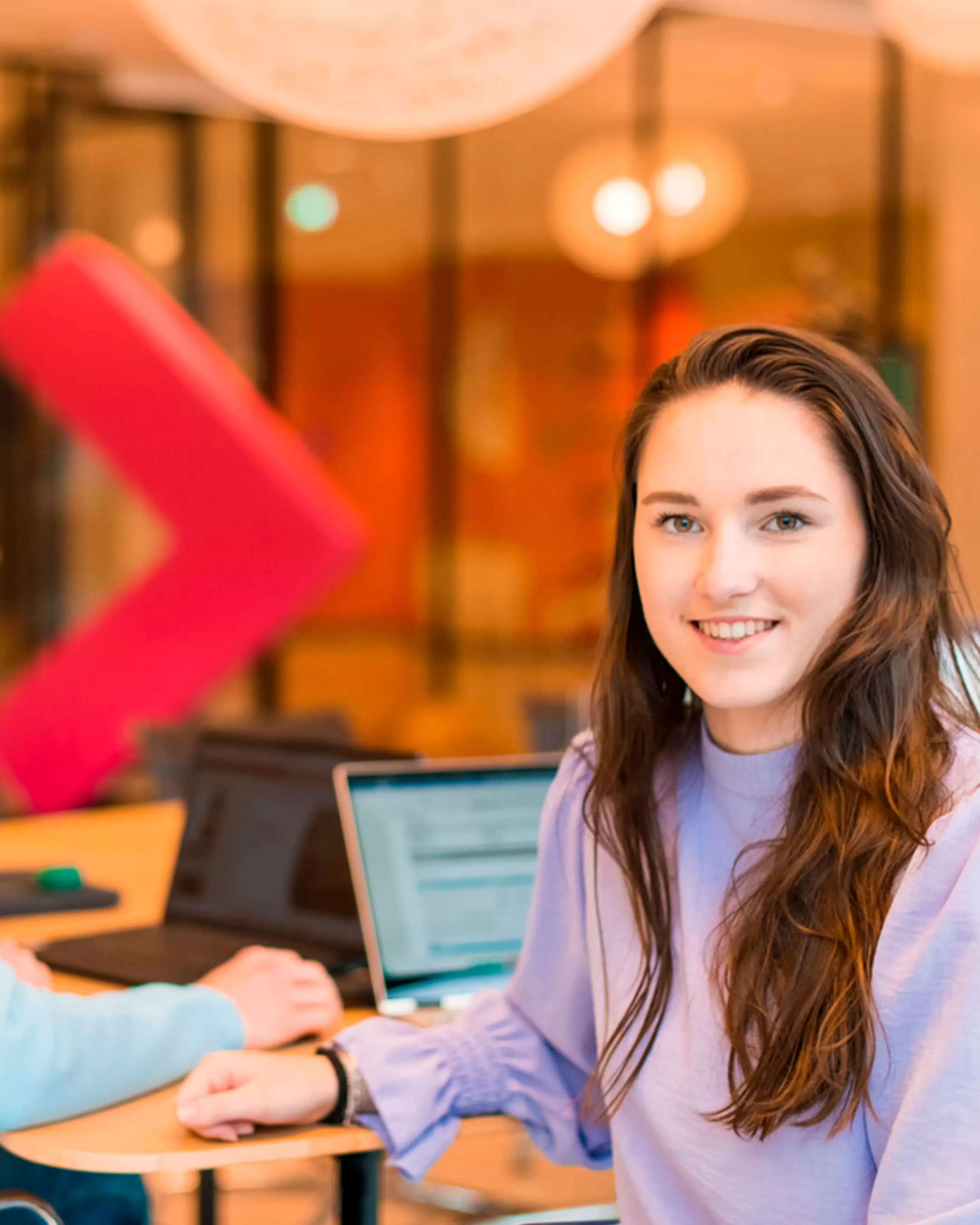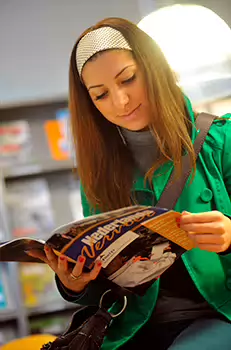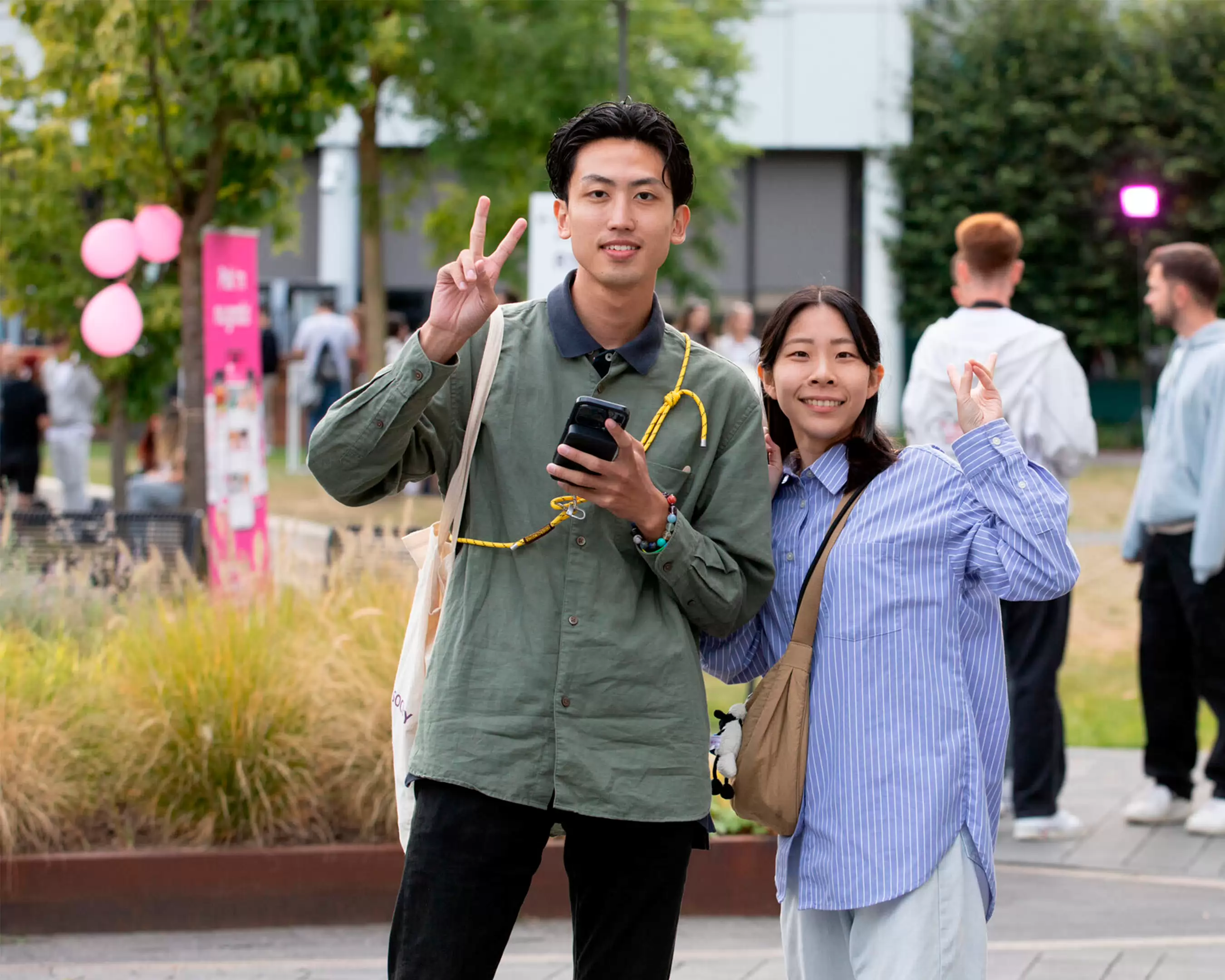

Customs Management in International Business
About the exchange programme
Western European countries with large ports, such as Rotterdam, Hamburg and Antwerp, have become the most attractive locations for importing and exporting in and from the EU. These ports have optimised their processes to move the goods across borders as smoothly as possible, including customs procedures and clearance. Especially with today’s trade flows, fast deliveries and just in time inventory management systems, reliable border crossing processes are crucial. This programme explains the first basics of trade compliancy, customs processes and global trade, which enables future global supply chain managers to anticipate on and optimize border crossing processes.
Why this programme?
- Unique insights into customs processes and trade compliance, preparing students for international supply chain management roles.
- A blend of theoretical knowledge and practical experience, including excursions to major ports and project work tailored to student interests.
- Flexible and interactive learning environment with small class sizes, encouraging hands-on, independent work and direct interaction with lecturers.
More about Customs Management in International Business
What to expect from us
The programme is divided into two periods. Lectures are given during the first period. Fundaments of customs procedures and the legal system under global trade are explained in class and students can practise by making assignments. Excursions are scheduled to get acquainted with trade compliance in daily operations. In the past these excursions were planned either to the Port of Rotterdam or to local companies dealing with import and export.
After this theoretical period, students start working on a project, which they can organise entirely to their own needs. Project coaches help to students during this project. Two demands must be fulfilled: topic is trade compliance and the project must have a work load of 15 EC.
What do we expect from you?
An active participation in class is required. This topic is new for most students, no prerequisite knowledge is needed.
Content of the programme
The work load of this programme is 30 European Credits, duration is 20 weeks. Lectures are scheduled during the first seven weeks, which are concluded with examinations. Three courses are scheduled. Two courses on EU customs legislation and one course on global trade and topics effecting global trade. This theoretical part is followed by a project which is carried out in a project group consisting of two students. Students have maximum flexibility and freedom to formulate this project. Basically two restrictions apply: topic is trade compliance and the work load per student is 15 EC. Project coaches are appointed to the student groups to ensure successful finishing of the project.
Download full programme
Learning agreements (LA) and ECTS
- Introduction - 0 ECTS
- CUS1 - 5 ECTS
- CUS2 - 5 ECTS
- Trade Compliance - 5 ECTS
- Project - 15 ECTS
Admission requirements
For this exchange programme we have the following admission requirements:
- English level: equivalent to IELTS 6.0;
- The student’s major should be business/supply chain related.
How will your course programme be recognised by your home university?
Fontys will provide you with a so-called ‘Transcript of Records’, which will clarify the results that you have achieved. Depending on your results, you will receive a maximum of 30 ECTS credits. ECTS credits are recognised throughout Europe. The agreement between your home university and Fontys University of Applied Sciences will usually include a condition whereby the credits that you obtain will be recognised and transferred into the records kept by your home university.
Practical information
- Start moment(s)
- September
- Location
- Venlo
- ECTs
- 30
- Language
- English
- Duration
- 20 weeks
Applications should always be submitted via the International Exchange (or Erasmus) Officer at the home university. This officer will send your application request (nomination) to Fontys. Once Fontys has received the nomination, your Fontys study department will send you a link to a web application called Mobility Online. Please take a look here to see how it works.
If you want to come as a freemover, we also need your university to send us a nomination e-mail. Once we have received this we will send you our application information.
As a freemover the fees are €75 per ECTS. If you are not sure if your university is a partner of Fontys Venlo University of Applied Sciences, the international office of your home university can tell you more about this.
Deadlines
Spring semester:
Nomination deadline November 1st
Application deadline November 15th
Fall semester:
Nomination deadline May 1st
Application deadline May 15th
For more information concerning the start date, please get in touch with the contact person of the study department of the concerned exchange programme.
English language requirements
For most English taught exchange programmes a minimum level of English language proficiency of CEFR* B2 or an equivalent of IELTS 6.0 or TOEFL 80 is required. However there might be programmes where a higher level is required and submitting evidence might be necessary.

For more detailed information about practical matters, such as financial matters, residence permit, health insurance and accommodation, please click on the button below.
More information on practical mattersDoing a study abroad most certainly means a lot of excitement and perhaps also a bit of anxiety. Getting used to everything may be a challenge at times. You may have language difficulties or be unfamiliar with certain aspects of life in the Netherlands and at the university.
We receive around 100 international exchange students each semester. To give them a warm welcome into Dutch culture and at our campus, the International Office has set up a buddy programme. A buddy is a Fontys bachelor student who is familiar with the campus and who can give practical help with administrative systems, timetables etc. They know their way around the city of Venlo and can also help students to better understand Dutch traditions and habits and feel at home real soon!
What else can students expect from a buddy? A buddy will:
- meet you at the Venlo train station and accompany you to your room.
- help you get settled during the first weeks by answering practical questions related to living in Venlo and by showing you around town.
- help you with questions about campus life, teaching styles, campus set-up, how to prepare for exams, etc.
- help you with practical questions such as how to print documents, how to get connected to Wi-Fi, get acquainted with the Fontys portal, etc.
- introduce you to Dutch culture.
- be able to join you during social activities.
The programme seeks to give students the best possible start to their study abroad in Venlo and at our campus!

